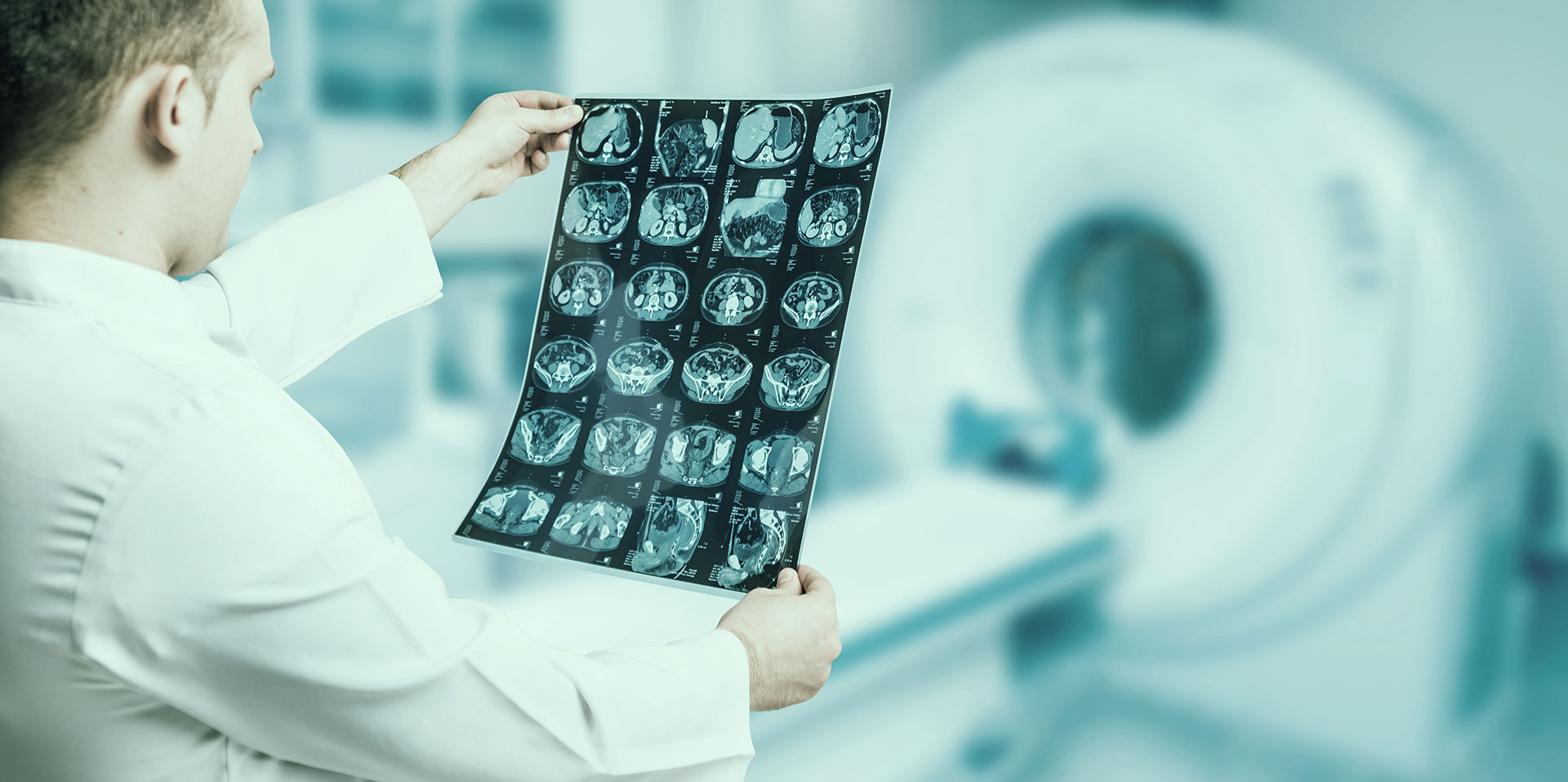One of their main advantages is identification of molecular activity in the body, thus avoiding the need for more invasive practices. Besides, they have a great potential to detect quickly and safely diseases at their onset, which often means saving time, thus allowing greater survival chances.
NUCLEAR MEDICINE
Radioisotopes and their Multiple Uses in Medicine
The scope of radioisotopes applications in medicine is often unknown. In nuclear medicine, radioisotopes are used either for diagnosis or therapies, 90% being diagnosis.
Nowadays, approximately 10,000 hospitals worldwide use radioisotopes, with a yearly intervention average of over 40 million medical interventions.
Thanks to this technology, physicians, scientists and health professionals have achieved great progress in the following areas:
- Understanding the dynamics of several diseases.
- Fast discovery and development of new drugs.
- Improvement in the selection of a specialized treatment for each patient.
- Accurately evaluating the patient’s response to new treatments.
- Discovery of new ways to identify individuals with high risk of serious illnesses
Different types of radioisotopes allow making an imaging diagnosis of thyroid-gland, bones, heart, liver and brain diseases, among others. These medical interventions include computed tomography, magnetic resonance imaging, positron-emission tomography (PET), and computer-controlled X-rays.
Radiotherapies are mostly used for internal and external radiation in oncology. Internal radiation or brachytherapy consists of placing radioactive implants next to or inside the tumor to reduce the destruction of healthy cells. Radioisotopes are used to treat thyroid cancer, non-malignant thyroid disorders, early stage prostate cancer, leukemia, breast cancer, neuroendocrine cell tumors, and also as a palliative to reduce pain in bone cancer, among other uses. External radiation therapy is a new kind of therapy used to control spreading in pancreas and ovarian cancer, melanomas and malignant brain tumors, among others.
Radioactive tracers are also useful to examine the blood flow in the brain, check the liver, lungs, heart and kidneys function, and evaluate the growth of bones, with a diagnostic purpose.
In biochemical analysis, radioisotopes are useful to label molecules in external biological or in-vitro samples. Pathologists employ associated radioisotopes to determine components in blood, serum, urine, hormones, antigens, and several drugs. Furthermore, gamma irradiation is applied to sterilize medical products and supplies, such as syringes, gloves, clothes and medical instruments, and, radiation of smaller gamma irradiators is used to treat blood for transfusions, among several other practices.



Follow us